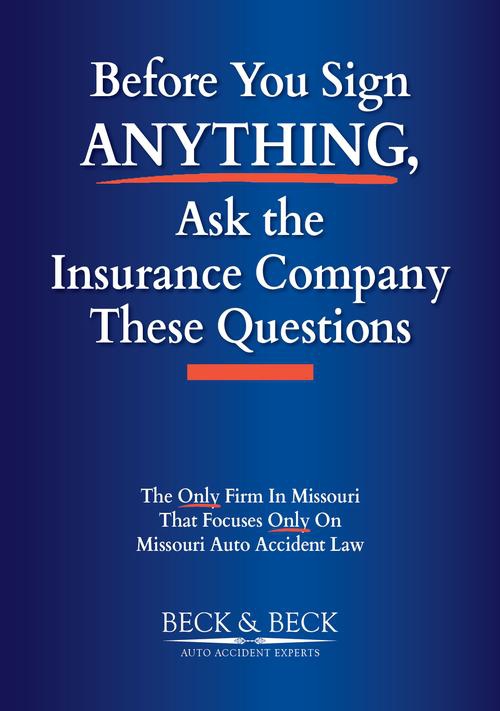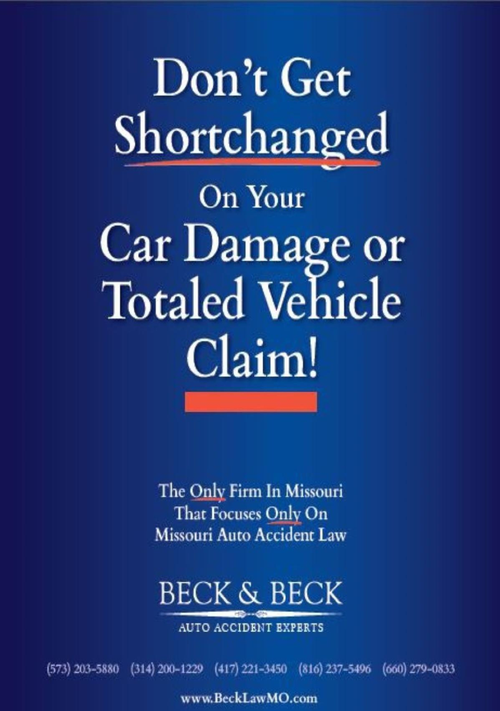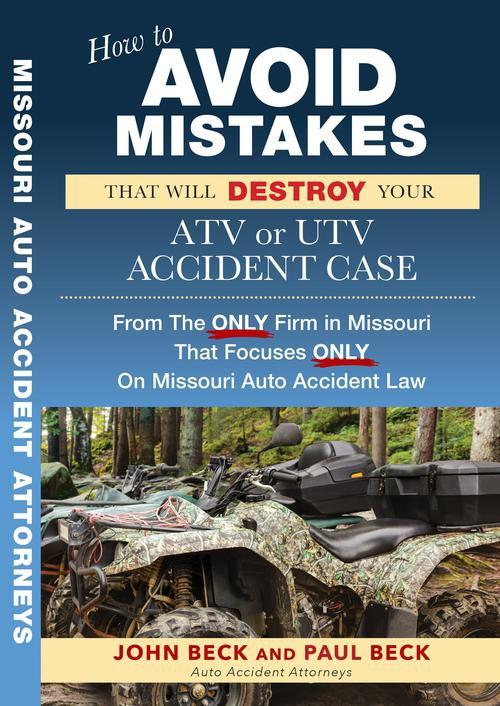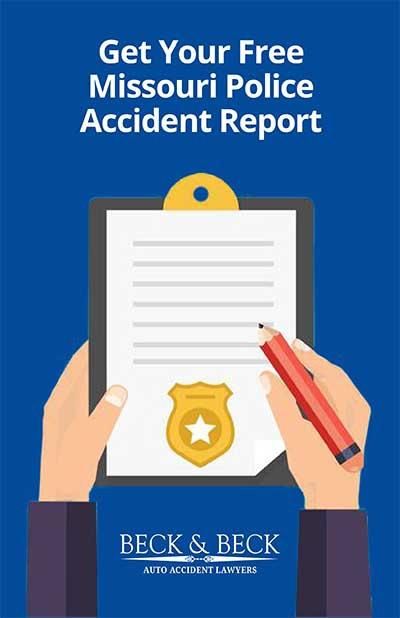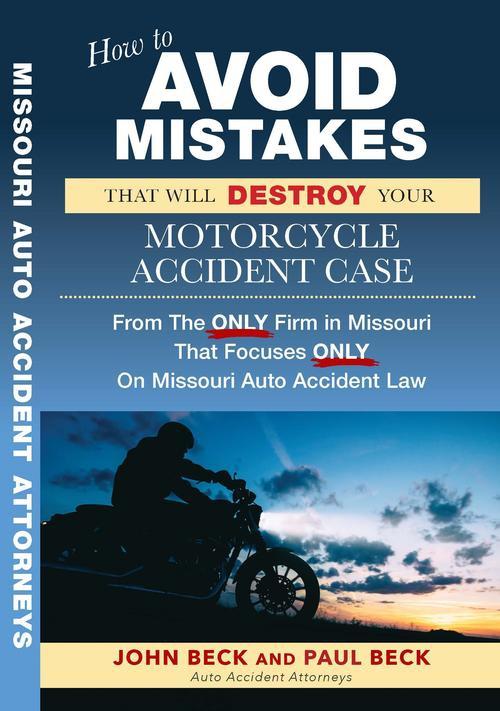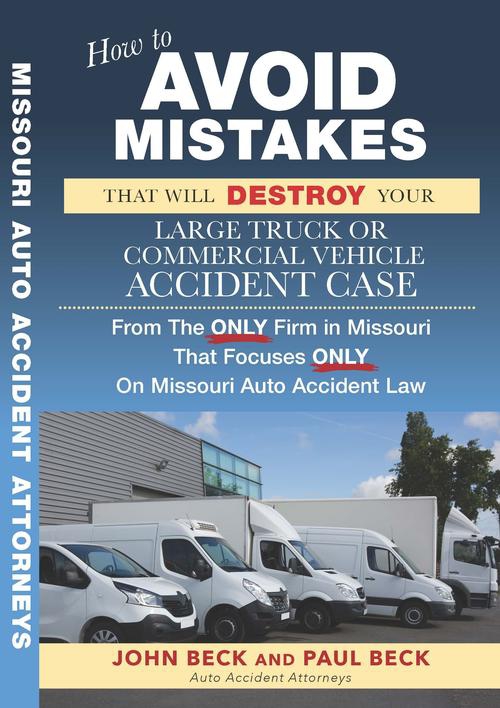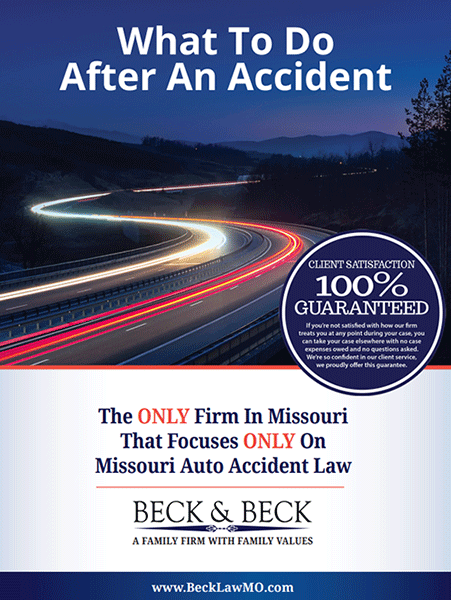As a Lyft passenger, you’re particularly vulnerable in the event of a car accident, as you have no control over the vehicle you’re in. If you are seriously injured, you could be forced to face abundant medical bills and an inability to work while you recover. And that’s not even mentioning the general pain and suffering you could experience.
After a Lyft accident in Missouri, in most cases a passenger can sue the Lyft driver. However, the process is undoubtedly complex; it involves understanding how rideshare insurance works and identifying who is truly at fault.
In just the last decade, ridesharing services like Lyft have become an integral part of modern transportation in Missouri, making it simple to enjoy convenient transportation at the touch of a button. After all, the concept couldn’t be simpler…you request a ride, hop in, and trust you’ll arrive safely at your destination.
But like many things, that trust isn’t infallible; it can be broken, and the unexpected can occur. With a sudden screech of tires, an ordinary ride from point A to point B can quickly become a frightening, life-changing ordeal.
In this article by award-winning Missouri rideshare accident lawyers Beck & Beck Missouri Car Accident Lawyers, we discuss Lyft passenger’s rights, who to sue after a Lyft accident, proving negligence, and rideshare laws in Missouri.
Who Do I Sue After a Rideshare Accident?
Any passengers in a Lyft vehicle during an accident are generally covered under specific insurance policies. However, depending on the accident, determining legal responsibility (liability) after a Lyft ride goes wrong can be more intricate and complicated than doing so in a standard two-car collision.
Several parties could potentially be held liable, and depending on which are, things like insurance factor in differently.
As a transportation network company (TNC), Lyft carries substantial commercial liability insurance for these specific situations:
When the Lyft Driver Is at Fault
When you’re actively on a trip — that is, from the moment the driver accepts your request up to the moment you exit their vehicle — Lyft’s insurance coverage is typically in effect.
If the accident is the result of your driver’s negligence, whether by means of speeding, distracted driving, driving under the influence, or violating traffic laws, you might initially have a claim against their personal auto insurance. However, individual policies typically exclude coverage when the vehicle is being used for a commercial purpose, like ridesharing.
It is here where Lyft’s insurance goes into effect instead: if the driver’s insurance denies the claim or isn’t enough for your damages, Lyft provides contingent liability coverage. More importantly, while a passenger is in the vehicle, Lyft maintains a $1 million third-party liability policy designed to cover injuries and damages sustained by passengers if the Lyft driver is at fault.
When Another Driver Is at Fault
Now, what if another driver caused the crash you were involved in while riding in a Lyft vehicle? In that scenario, you’d typically pursue a claim against the at-fault driver’s insurance policy first. The thing is, problems might arise if that driver is uninsured or lacks appropriate coverage to cover the full extent of your injuries and losses.
Fortunately, Lyft also carries $1 million in uninsured/underinsured motorist (UM/UIM) bodily injury coverage per accident during the time a passenger is riding in the vehicle, which can be used to compensate you when the responsible third-party driver’s insurance can’t.
When Something Else Caused the Accident
It’s less common, but not all accidents are caused by driver error. Maybe the road was poorly maintained, and large potholes caused a loss of control, or perhaps there was a vehicle malfunction. In either case, the negligent entity is whoever is responsible for that, like a government entity liable for road upkeep or the vehicle manufacturer.
Identifying who is liable for your car accident is key to a successful personal injury claim — you have to know you’re pursuing the right party.
Proving Negligence in a Lyft Passenger Accident
Most personal injury claims hinge on the legal concept of negligence, which refers to someone failing to act with reasonable care, causing harm to another person as a result.
To successfully pursue a claim or lawsuit against anyone involved in your Lyft accident, be it the Lyft driver, another motorist, or even Lyft itself, you need to establish four factors:
- Duty of Care: Whoever caused the accident was legally responsible for keeping you safe
- Breach of Duty: That party violated their duty of care to you
- Causation: A direct connection between the breach and your accident/injuries
- Damages: What you suffered or lost because of the accident, both economic (lost wages and medical bills) and intangible (emotional distress)
If you can establish each of these with credible evidence, you’ll have strong grounds for a compensation claim.
Missouri Rideshare Accident Laws
Navigating a legal claim after a Lyft accident in Missouri also requires understanding specific state laws that can impact your case.
First, Missouri follows a pure comparative fault rule, which means that if you’re found to be partially responsible for causing the accident or your injuries, your potential compensation can be reduced proportionately to your percentage of fault.
For example, suppose that you are set to be awarded $100,000 in damages at the end of your case, but you were found to be 10% at fault at the time of the accident for not wearing a seat belt. Your award would then be reduced by that 10%, leaving you with a compensation value of $90,000.
It is much less common for a passenger to be found at fault for a rideshare crash altogether. Still, actions like distracting the driver or not using safety restraints properly could potentially lead to such a diminished outcome.
Beyond Missouri’s comparative fault law, there’s also its statute of limitations, a critical legal deadline. When intending to file a personal injury lawsuit, including one that stems from a car accident, victims generally have five years from the date of the accident to do so.
If you don’t file within that timeframe, you’ll likely lose your right to seek compensation through the court system forever, regardless of how severe your injuries are or how clearly another person was at fault, underscoring the fact that time is of the essence.
What to Do if You Are a Passenger in a Lyft Accident in Missouri
Being involved in a car accident itself is devastating on its own, but when it happens to you as a Lyft passenger, it can be even more disorienting. Be that as it may, knowing what to do in the immediate aftermath of your accident (and the days following) can go a long way in protecting your health and potential legal claim.
Above all, nothing is more important than your health and safety. Prioritize getting medical attention at the scene of the accident immediately following the crash. Call 911 right away if anyone is seriously injured.
Even if you feel okay or think your injuries are minor, get evaluated by your doctor or at an urgent care or emergency room as soon as possible. Some serious injuries, like whiplash, concussions, or internal bleeding, may not display immediately obvious symptoms.
Delaying medical treatment could not only jeopardize your health but also make it easier for opposing counsel or insurance adjusters to question whether injuries that emerge or intensify later are directly linked to the accident.
Once you are safe, call out the police to the scene, as well. This is especially important if significant injuries or property damage occurred. A responding officer’s report will provide an official, objective account that can be used to support your claim.
You should also report the accident to Lyft through their app or website to start the internal review process with the company.
Finally, try to collect as much information as you possibly can. Gather the names, contact information, and insurance details of all drivers involved. Take note of their license plate numbers and vehicle descriptions. Take pictures or videos of the scene, focusing on vehicle damage, any visible injuries, and road conditions. Try to get contact information for any witnesses, too, and make sure to keep all of these details safe.
Skilled Lyft Accident Lawyers in St. Louis, Missouri
Returning to the original question, can a passenger in a Lyft accident sue the driver? The answer is yes, but knowing and protecting your rights from the very beginning is key to succeeding in doing so.
Given the incredible obstacles that dealing with insurance companies and navigating the legal system can present — on top of dealing with physical pain, emotional distress, and unexpected financial burdens, no less — it’s not something a Lyft accident victim should take on alone.
At Beck & Beck Missouri Car Accident Lawyers, our personal injury attorneys have extensive experience helping car accident victims all over Missouri, including those injured in rideshare accidents. We understand the complexities of Lyft accident cases, particularly in the context of Missouri law.
Our clients come first. We offer compassionate support and advocacy to ensure your rights are protected, helping you get the fair compensation you deserve. Contact us today for a free, no-obligation case review to see how we can fight for you.
Beck & Beck Missouri Car Accident Lawyers also offers:

